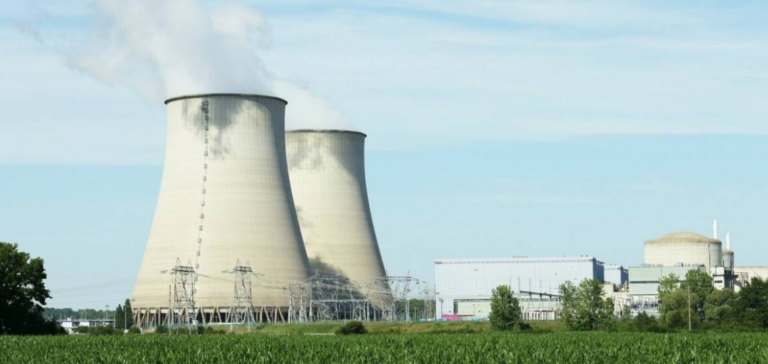At the heart of this collaboration between Rosatom and Nornickel is the need to meet the growing demand for electricity beyond 2030 in the Norilsk industrial region. This increased demand stems from the continuing development of the Norilsk region, which requires a reliable and sustainable source of energy to support its economic growth.
Details of the agreement
The agreement signed by Rosatom CEO Alexei Likhachev and Nornickel President Vladimir Potanin explores various options for meeting these energy needs. It includes the construction of nuclear power plants and the infrastructure required to operate them. One of the preferred options could be a small modular power plant (SMR) based on the latest-generation RITM-400 reactor unit. This collaboration is designed to give Nornickel access to advanced energy technologies and to explore the development of low-power nuclear power plants in Russia’s remote regions.
Perspective on the energy future of the Norilsk region
According to Likhachev, Rosatom’s projects offer reliable sources of electricity with predictable long-term tariffs, making them attractive to large industrial consumers. What’s more, nuclear power, with its zero CO2 emissions during power generation, is perfectly aligned with the Norilsk region’s focus on environmental sustainability. This means that such energy solutions are in demand for large industrial consumers.
Norilsk-Taimyr Energy, a subsidiary of the Norilsk Nickel Group, operates the energy system in the remote Norilsk region, which lies in the Arctic Circle in northern Russia and has a population of over 170,000.
The agreement between Rosatom and Nornickel represents a significant step forward in resolving the future energy needs of the Norilsk industrial region. Exploring the possibility of nuclear power plants and advanced energy technologies demonstrates a commitment to providing sustainable and reliable sources of energy to support the region’s economic development.






















